Wellbeing and learning support
The Wellbeing Team at Henley High School aim to provide a positive and caring community by fostering collaborative partnerships with students, parents, educators, support services and the wider community. Our team can support you to improve your physical, emotional and social wellbeing through group programs and/or personalised support to help you make the most of your schooling.
Our Wellbeing Leaders and Wellbeing Support Officer are here to support your wellbeing and form stronger connections across the school. We can connect you with a range of support services both within and external to the school to best meet your needs. Alternatively, we are always here for a chat or to help you destress.
If you would like more information or are looking to see how we can help you make the most out of your schooling, click the link below to begin connecting with your Wellbeing Team today.
Meet the Wellbeing Team
Connect with the Wellbeing Team
Not feeling yourself? Problems with school? Concerned about a friend? Just need to check-in?
Book to meet with the Wellbeing Team via the link below.
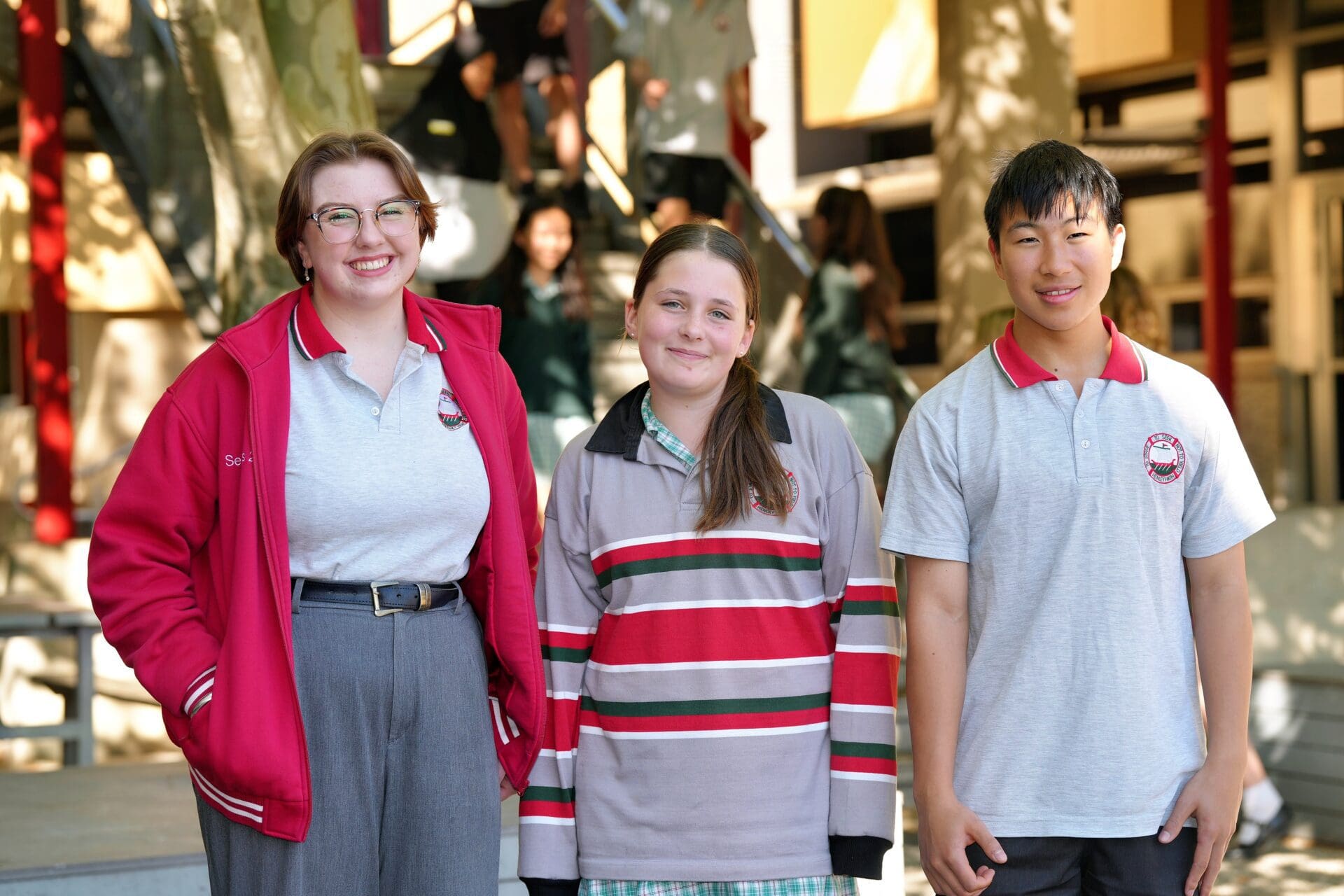 About
About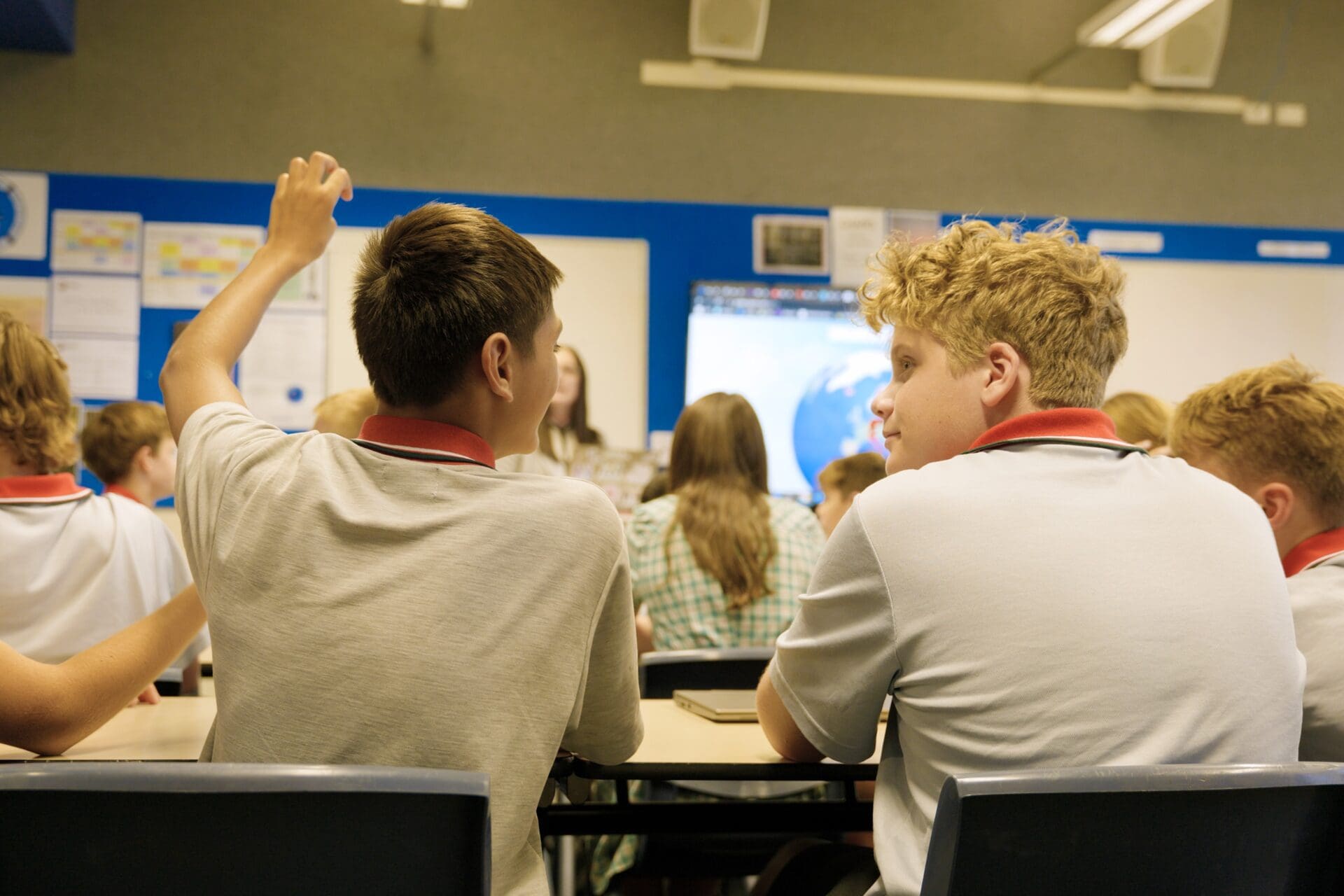 Learning
Learning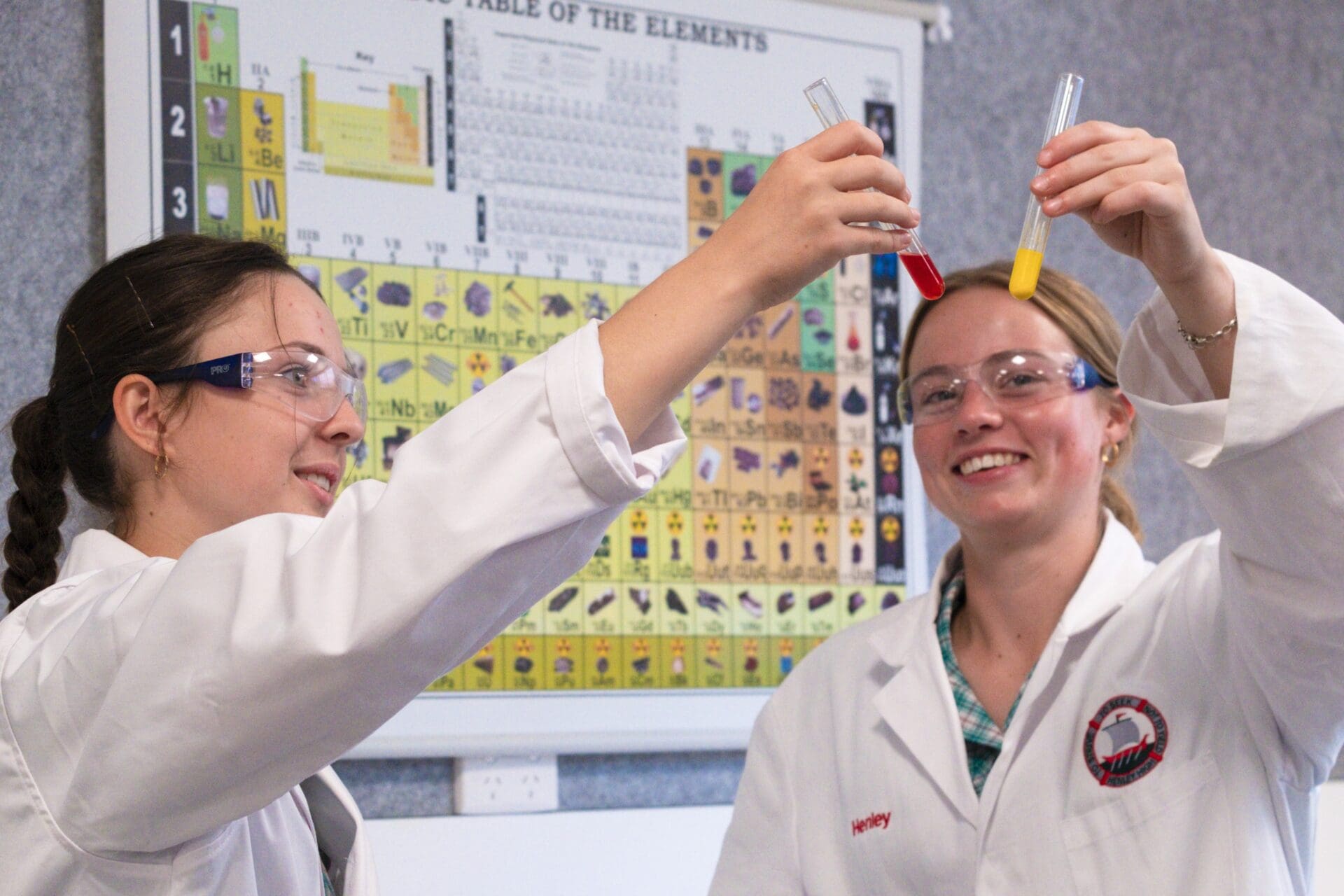 Enrol
Enrol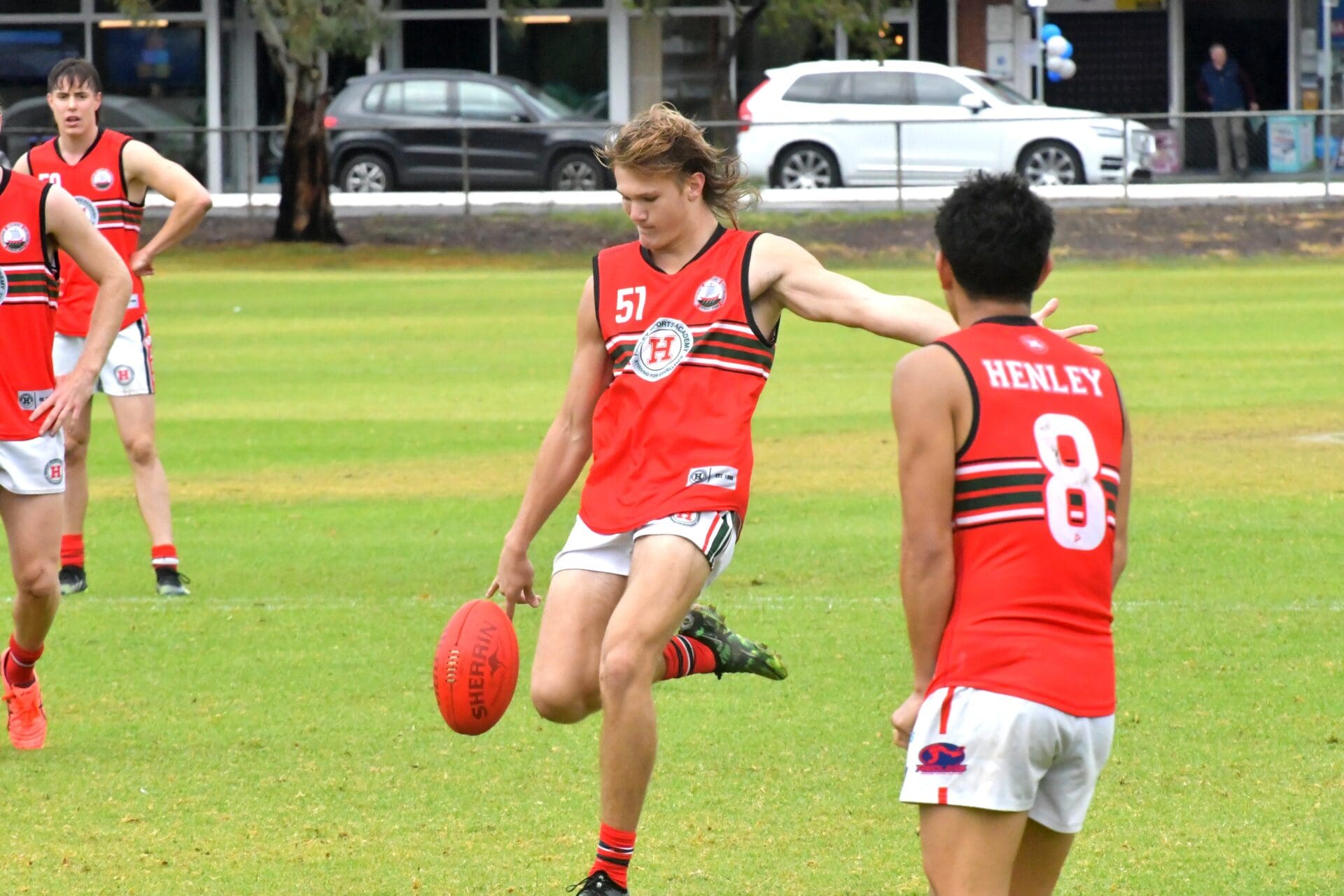 School Life
School Life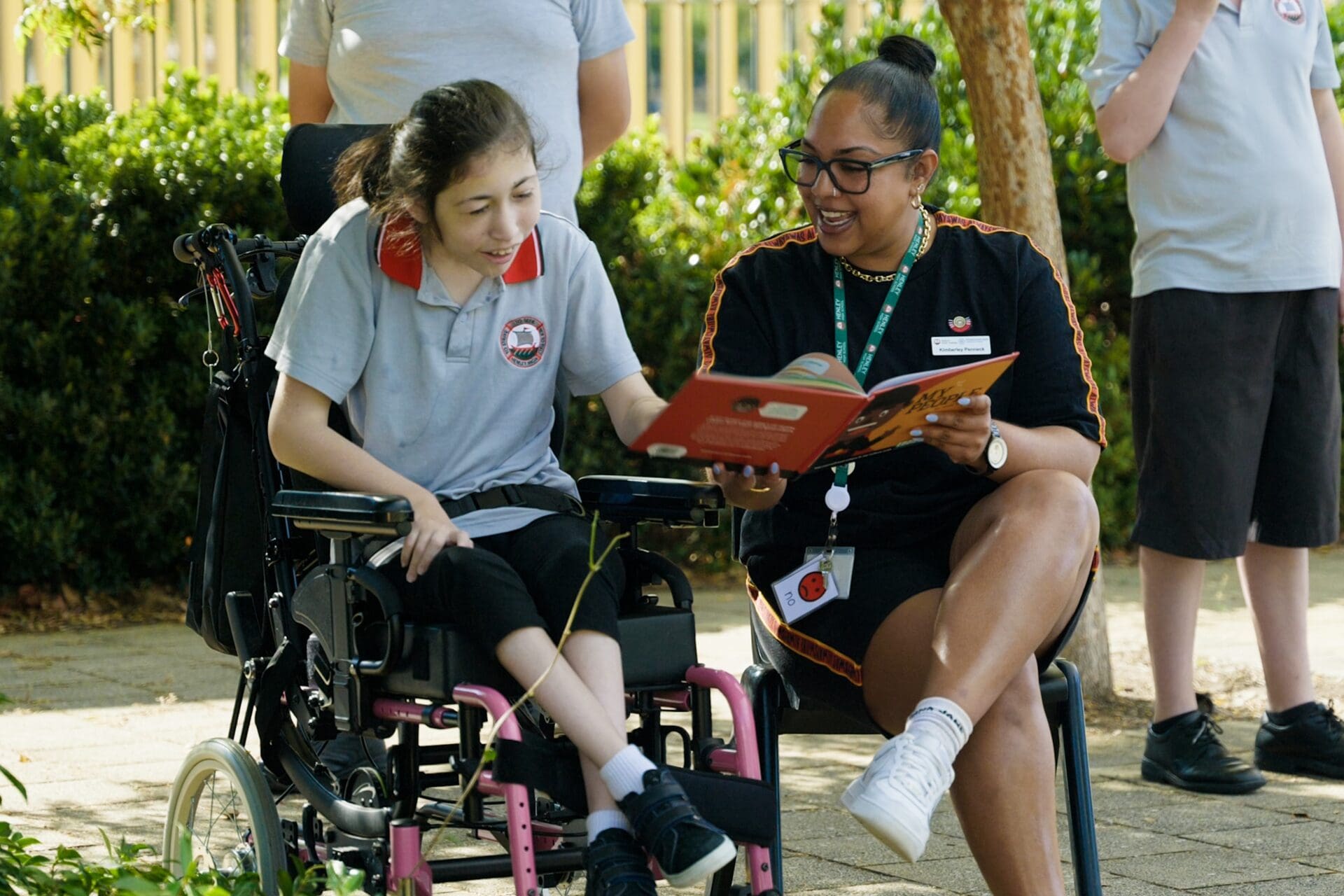 Community
Community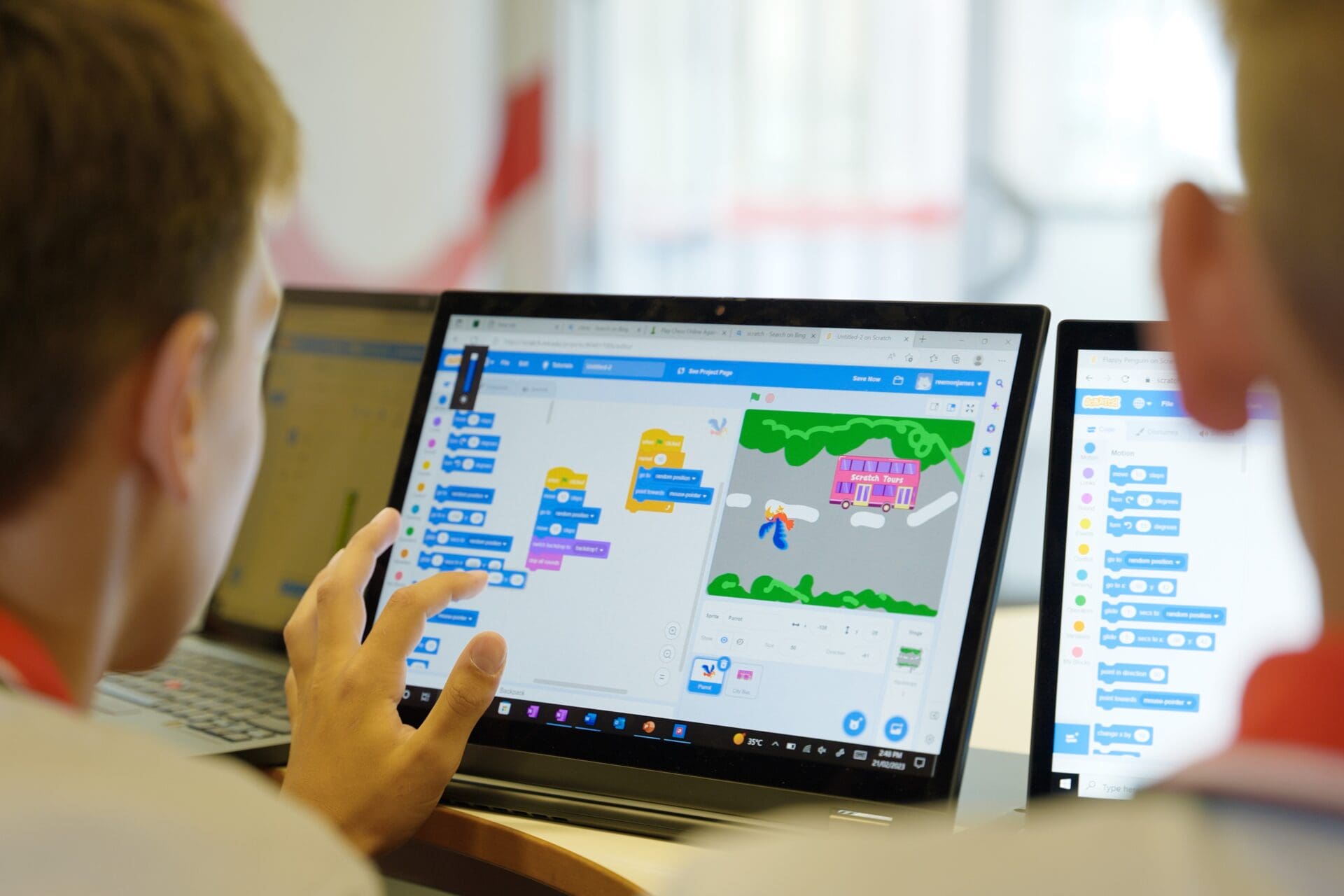 Connect
Connect